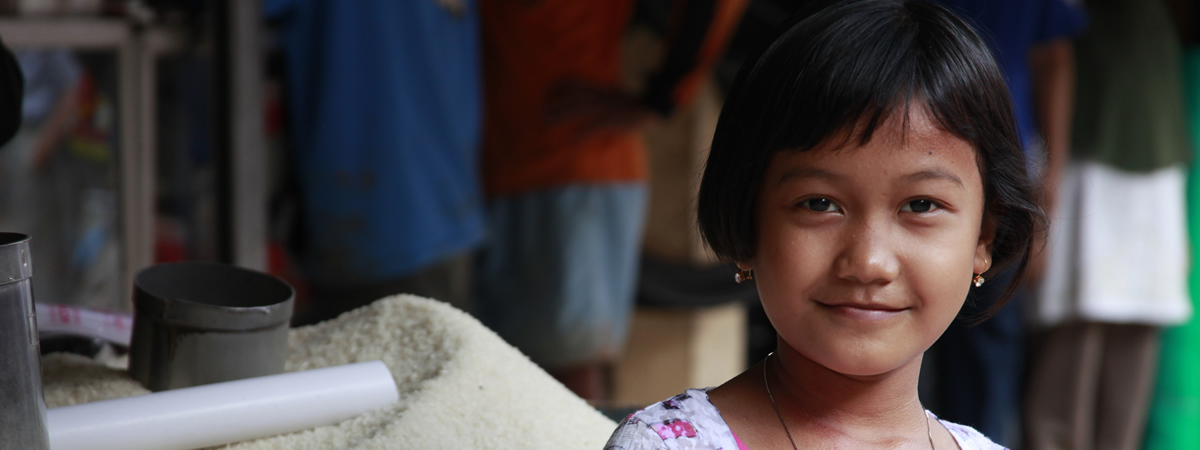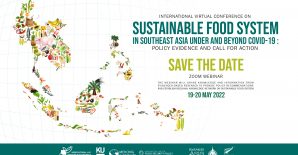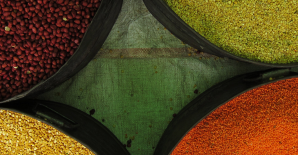News
Uzbekistan lifts currency restrictions
(September 5) Uzbek president Shavkat Mirziyoyev issued a decree on September 3 allowing the free exchange of foreign currency in the country. This is considered the most far-reaching economic reform of Mirziyoyev’s term so far and marks the first time since independence that the general public will be able to buy and sell foreign currency legally. A complex system of rules had previously produced multiple exchange rates, complicating international trade for foreign and domestic firms. On September 4, the central bank devalued the official exchange rate to 8,100 sums per dollar from 4,210, slightly lower than the going 7,700 sums per dollar rate in the black market. – Reuters
Moody's: Power issues, weak institutions among risks for Tajikistan
(August 30) Moody’s assigned a B3 rating to Tajikistan in advance of the country’s first dollar-denominated bond offering. Moody’s cited problems with the country’s power grid, weak institutions, and external vulnerabilities as reasons for its low rating. On the other hand, Moody’s commented favorably about the country’s overall economic stability and growth. – Financial Times
Kyrgyzstan receives $1.1 billion in remittances in the first half of 2017
(August 31) Migrants from Kyrgyzstan remitted approximately $1.09 billion in the first half of 2017, according to the National Bank of Kyrgyzstan. This is a significant increase from the same period in the previous year, although the article notes that the pace of growth slowed in June. This graphic by 24.kg depicts total monthly remittances received in Kyrgyzstan from January 2016 to June 2017. – 24.kg
Analysis & Other Information
Uzbekistan's black market traders brace for the worst as currency reforms take effect
(September 4) This Radio Free Europe article features one group of Uzbek citizens opposed to currency reforms: the country’s black market currency dealers. The latest decree will essentially eliminate their businesses and comes hand-in-hand with increased enforcement activities by authorities. – RFE/RL
Kazakh minister: "Two revolutionary stories are happening in Central Asia"
(August 30) In an interview with European Union-focused website Euractiv, Kazakhstan’s deputy foreign minister Roman Vassilenko claims two fundamental developments are underway in Central Asia: the reintegration of the region with the rest of the world and the flourishing of diplomacy among countries in the region itself. He places both developments in the context of regional history following the fall of the Soviet Union and continues to talk about Kazakhstan and the European Union’s roles in the region. – Euractiv
Labor migrants from Kyrgyzstan, Tajikistan, and Uzbekistan to Russia amidst uncertain trends
(September 5) Times of Central Asia provides an overview of recent trends for labor migration from Kyrgyzstan, Tajikistan, and Uzbekistan to Russia. Russian labor and visa regulations have changed frequently since 2013, presenting additional uncertainty for Central Asian migrants. – Times of Central Asia
Publications & Reports
Shaking hands with money: the phenomenon of "gap" in modern Uzbekistan and Kazakhstan
Alexandrov (2017). Europe-Asia Studies, 69(6), pp. 897-920.
The effects of remittances on economic growth in Kyrgyzstan and Macedonia
Kumar, P. Stauvermann, A. Patel, S. Prasad (2017). International Migration, 55(4).
The state as investment market: Kyrgyzstan in comparative perspective
Rahmetov (2017). Europe-Asia Studies, 69(6), pp. 996-998.
Consumers' response to genetically modified ingredients in processed food in an emerging economy
M. Yormirzoev, R. Teuber (2017). Journal of International Food and Agribusiness Marketing, 29(3), pp. 1-11.
Events & Calls for Papers
ANICANET Summer School 2017
Training course. September 25-29, 2017 in Halle, Germany. Organized by Leibniz Institute of Agricultural Development in Transition Economies (IAMO). Summer school on quantitative analysis featuring discussion about animal husbandry in Central Asia. Check link for detailed descriptions about program and eligibility. Deadline to register for the course was August 13, 2017. Please contact anicanet@iamo.de for further details.
Annual Eurasian Food Security Conference
Annual conference. October 3-5, 2017 in Dushanbe, Tajikistan. Organized by the Eurasian Center for Food Security at Lomonosov Moscow State University (ECFS), World Bank Group, International Food Policy Research Institute (IFPRI), and International Center for Agricultural Research in the Dry Areas (ICARDA). Deadline to register for the conference is September 17, 2017.
Life in Kyrgyzstan
Annual conference. October 12-13, 2017 in Bishkek, Kyrgyzstan. Organized by Institute of Public Policy and Administration of the University of Central Asia (UCA), Stockholm International Peace Research Institute (SIPRI), Leibniz Institute of Vegetable and Ornamental Crops (IGZ), International Food Policy Research Institute (IFPRI), International Security and Development Center (ISDC), and the Food and Agriculture Organization of the United Nations (FAO). Deadline to submit papers was June 15, 2017. Deadline to register is September 15, 2017.
Archived issues of the news digest can be found on the Central Asia page under the ReSAKSS Asia website: http://resakss-asia.org/regions/central-asia. A link to the newsletter can be found under Blog Posts.
The articles included in this news digest have been generated from online sources. Any opinions stated herein are not representative of, or endorsed by, the International Food Policy Research Institute or its partners.



